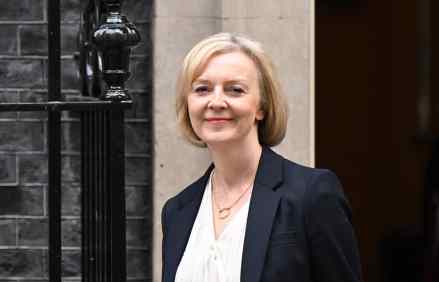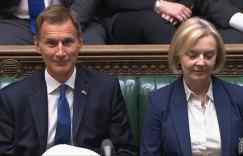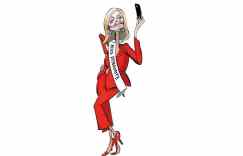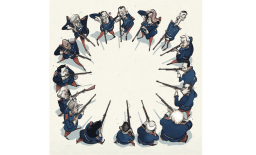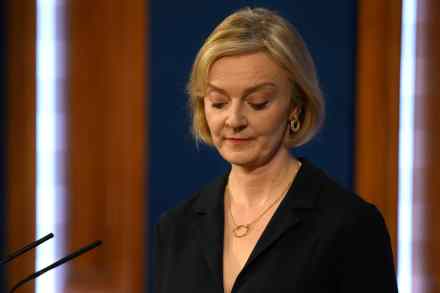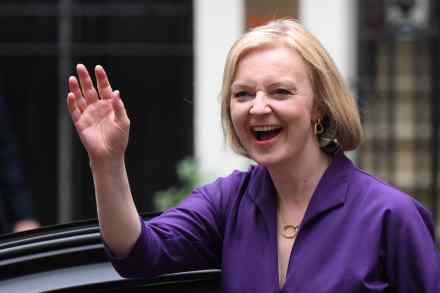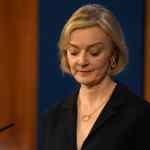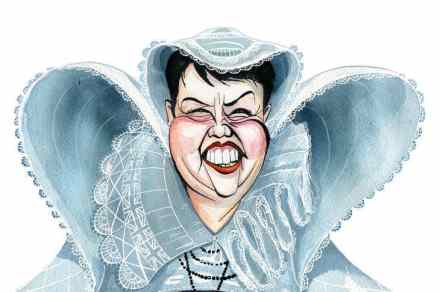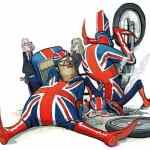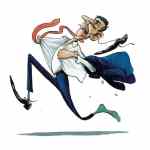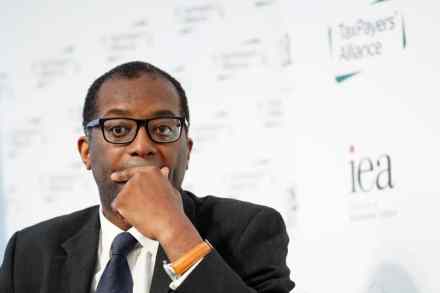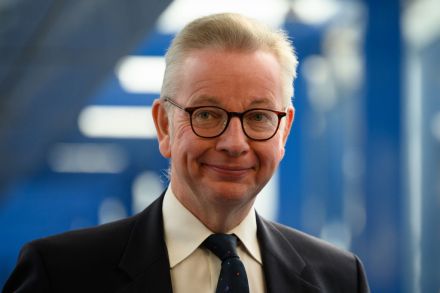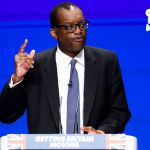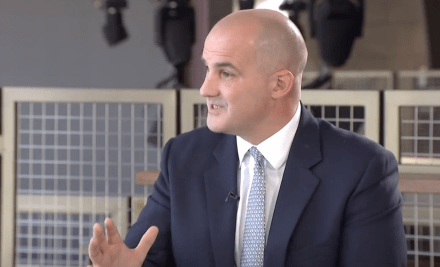Portrait of the week: Lee Anderson defects, Ireland rejects and Kate photoshops
Home Rishi Sunak, the Prime Minister, said that Britain needed to build new gas-fired power stations to ensure energy security. GDP grew by 0.2 per cent in January. The number of people of working age classed as economically inactive rose to 9.25 million, compared with 8.55 million in February 2020, according to the Office for National Statistics. Among those aged 16 to 34, economic inactivity was rising; among those aged 35 to 64 it had fallen. Long-term sickness accounted for 2.7 million people not in work, 600,000 more than four years ago. The National Health Service employed more than two million for the first time, more than a third of public-sector workers.




